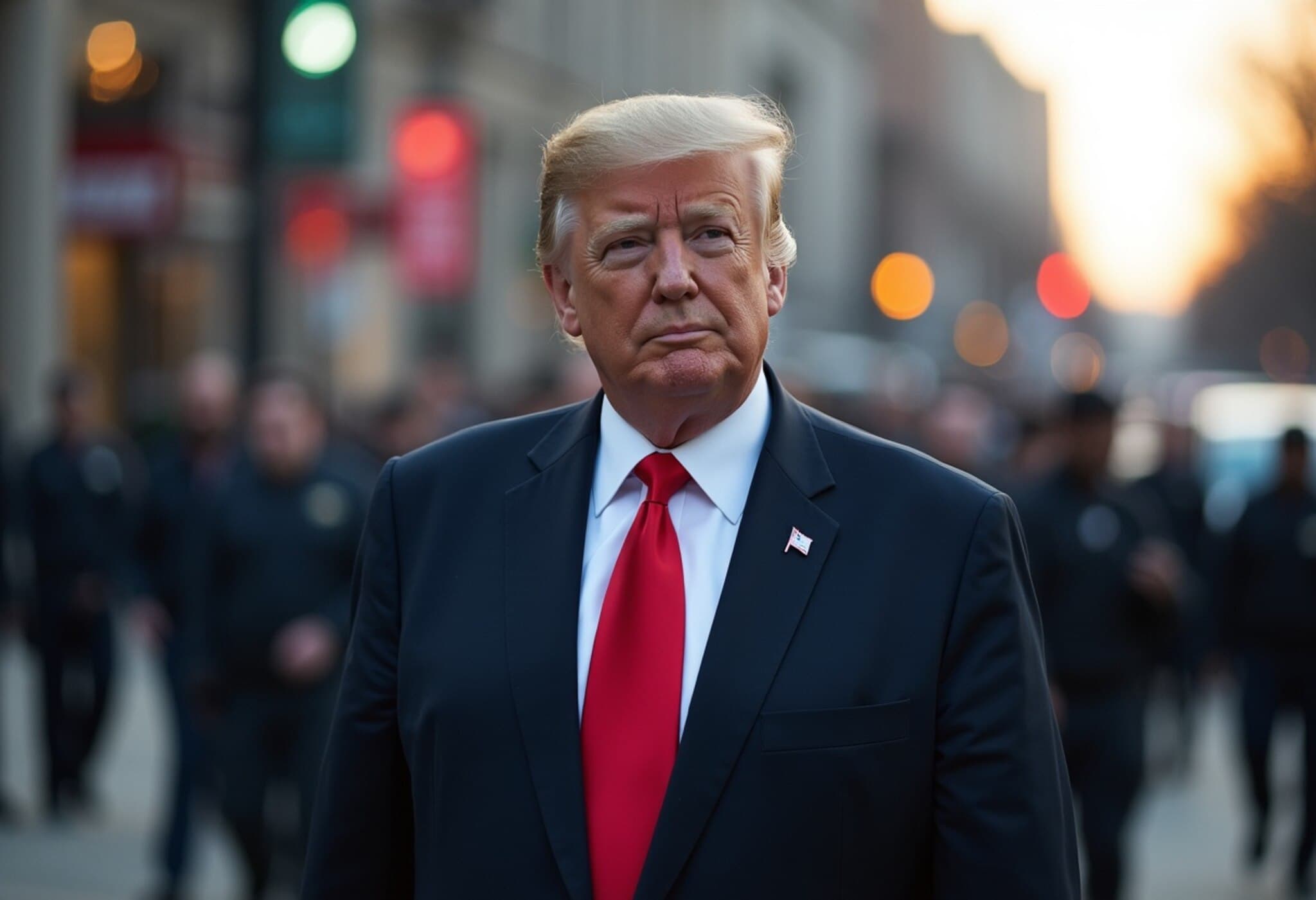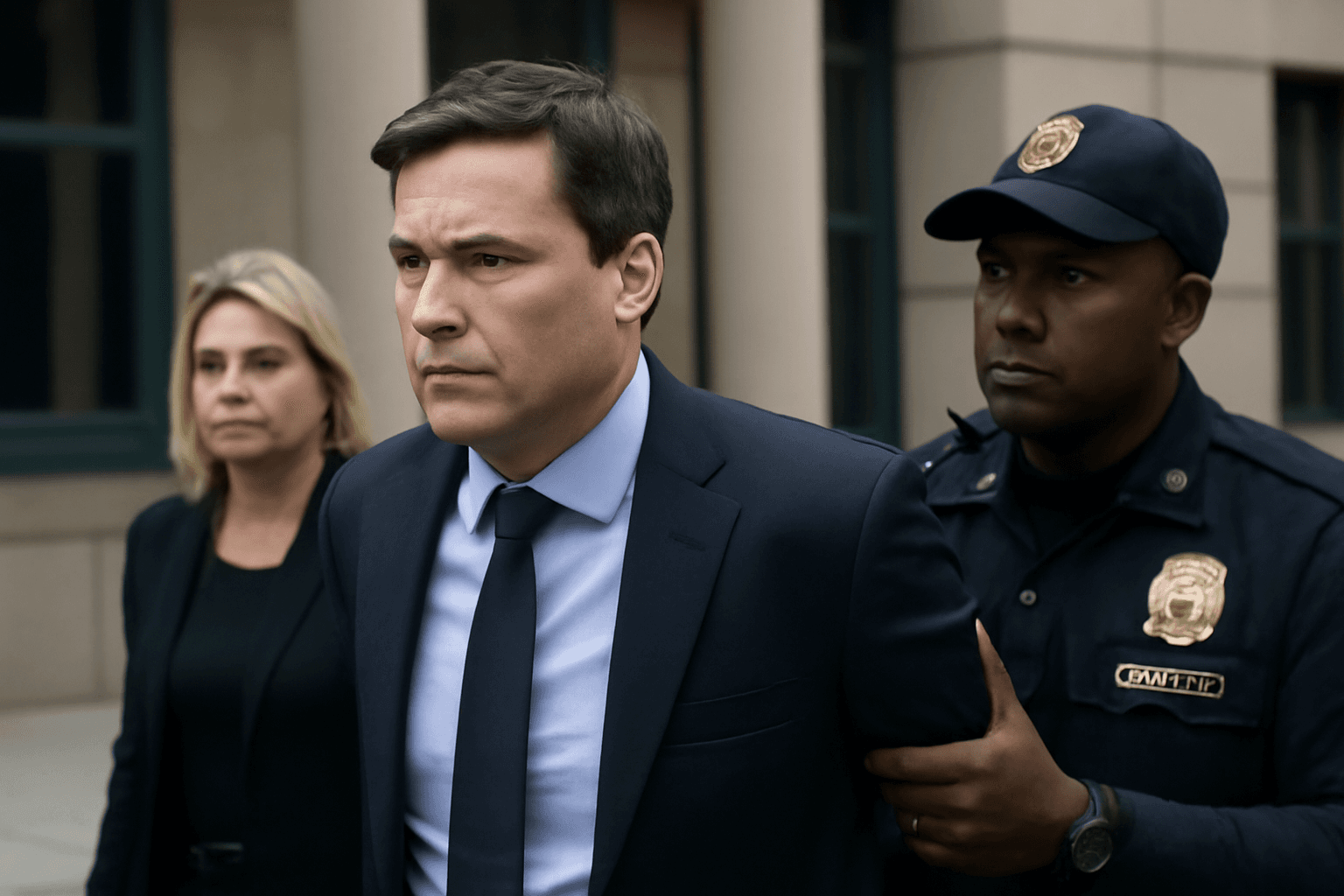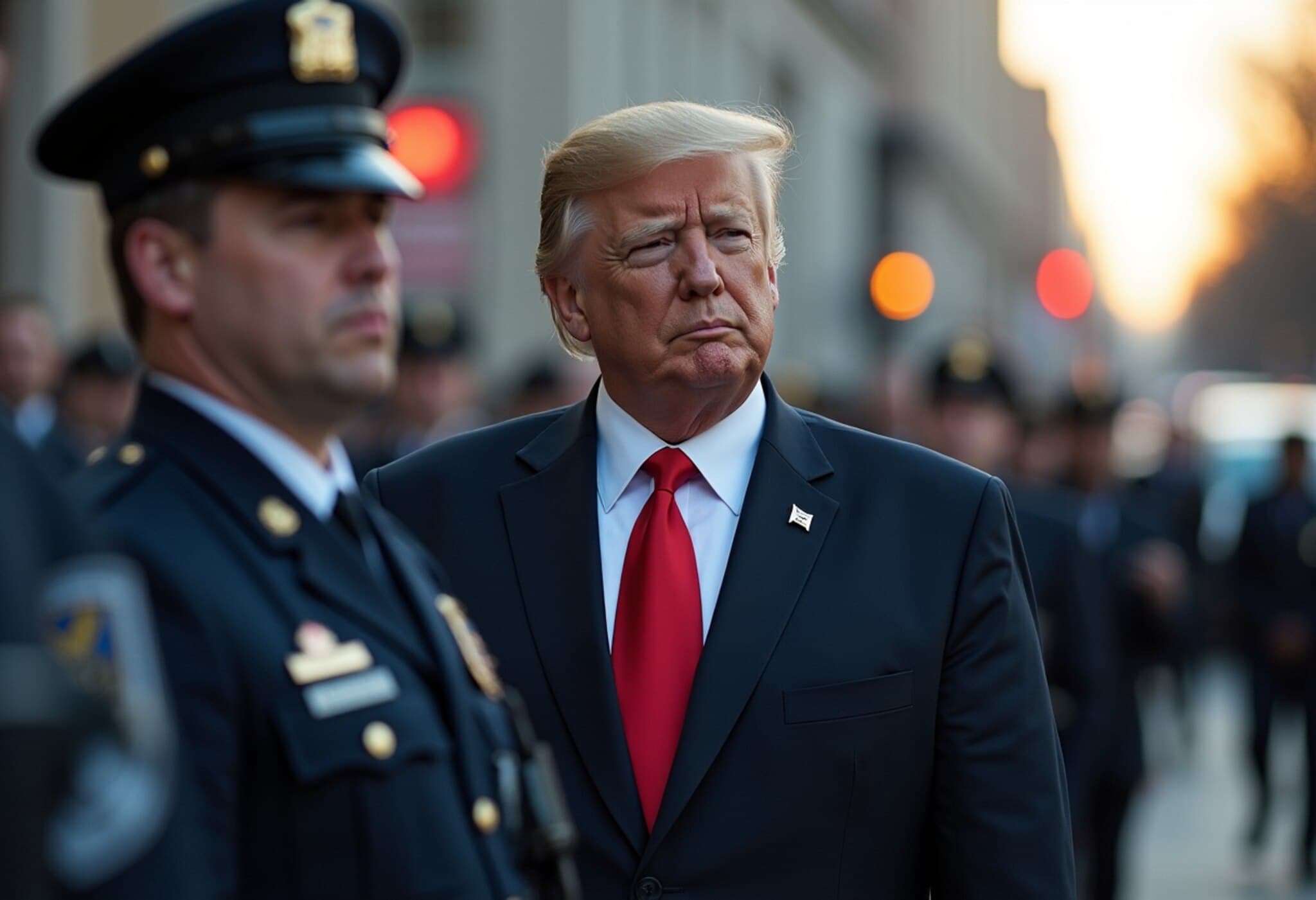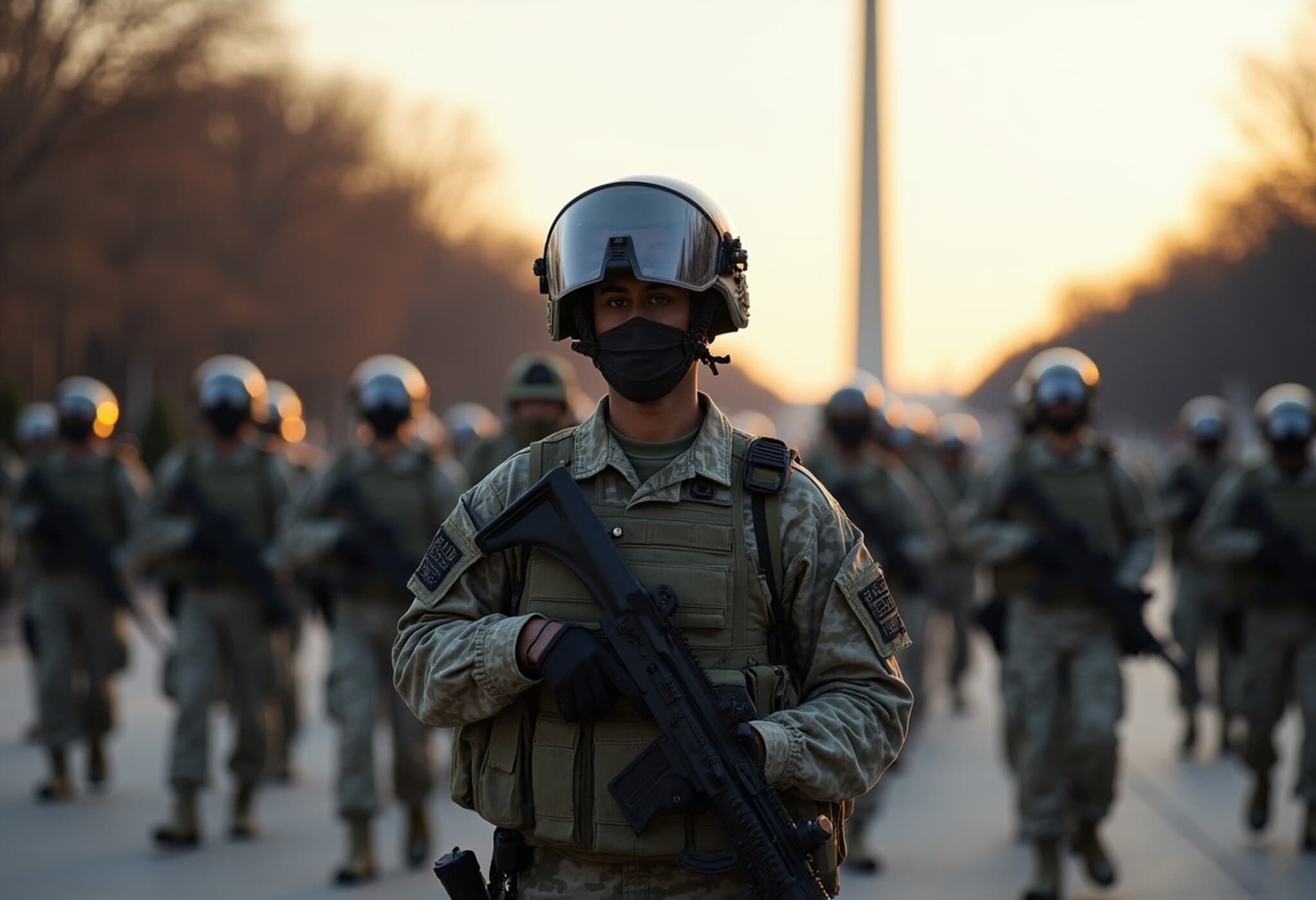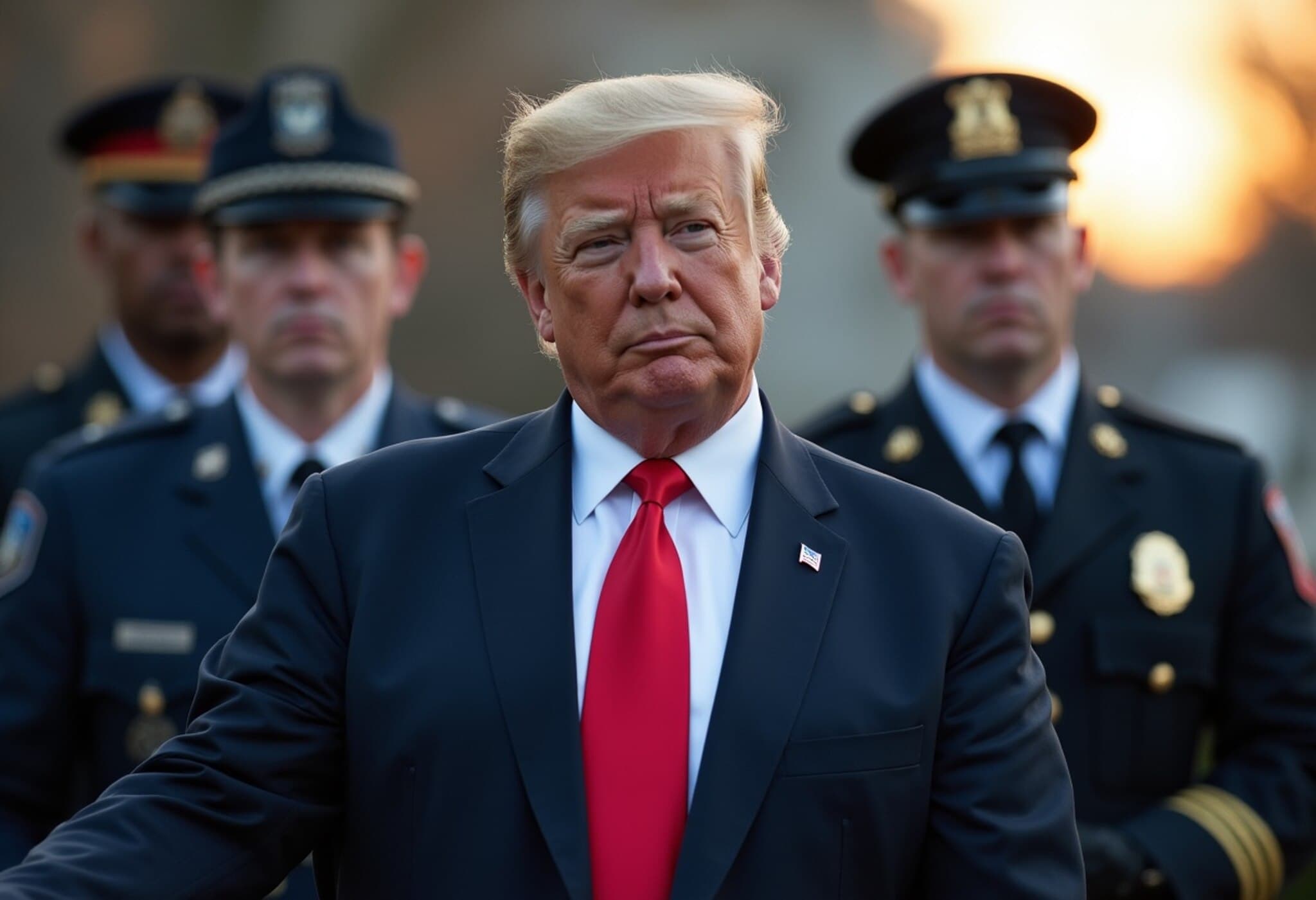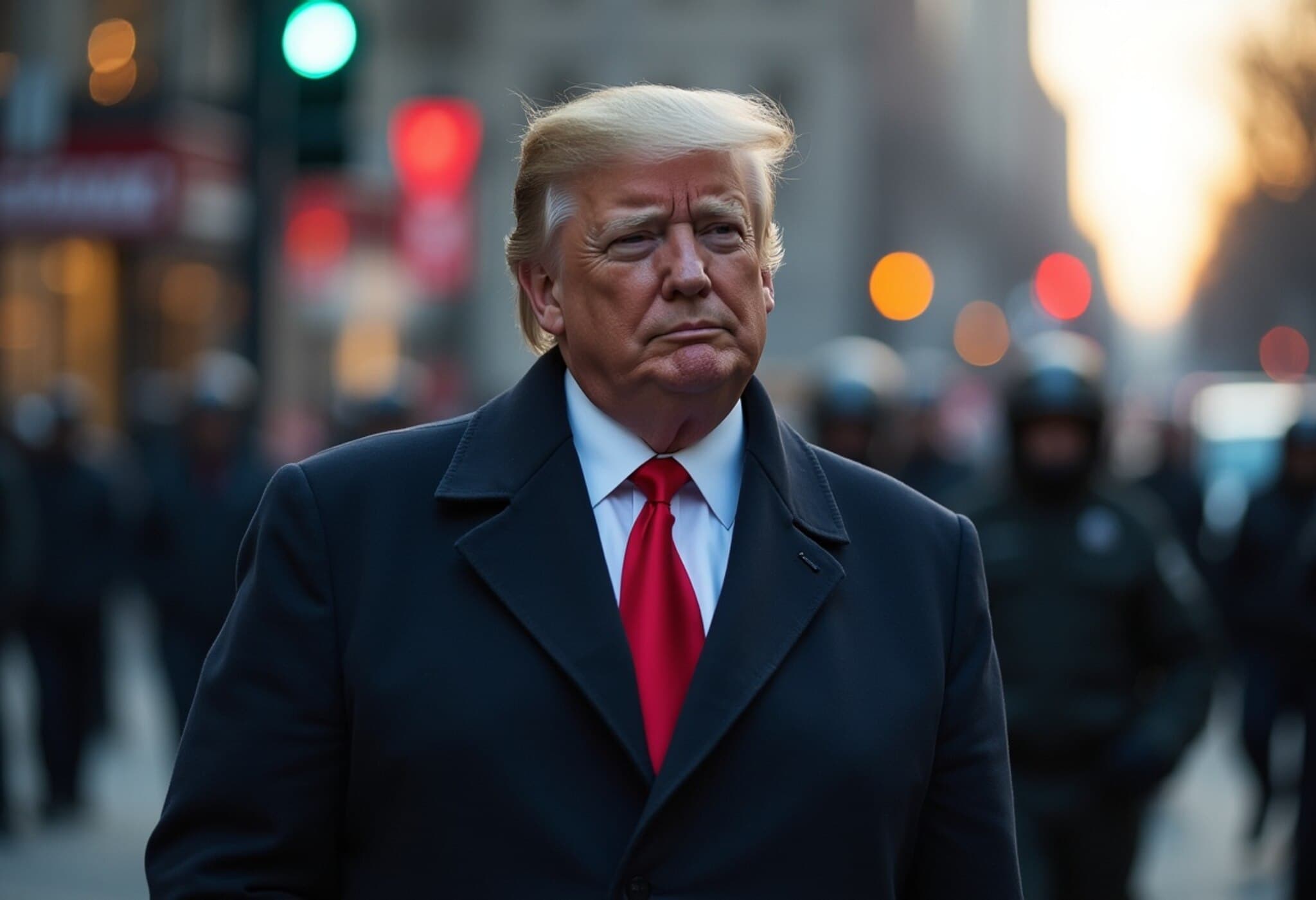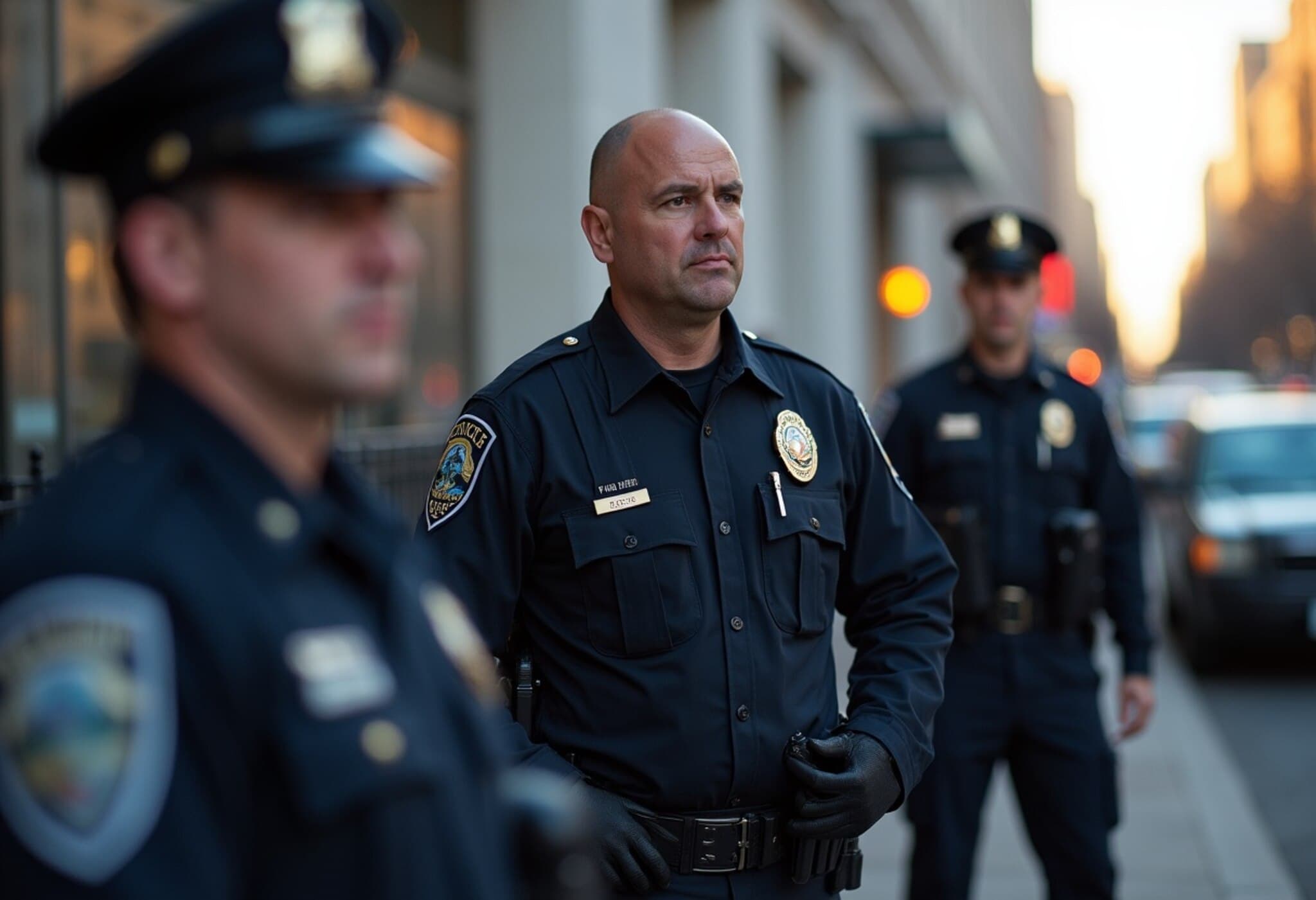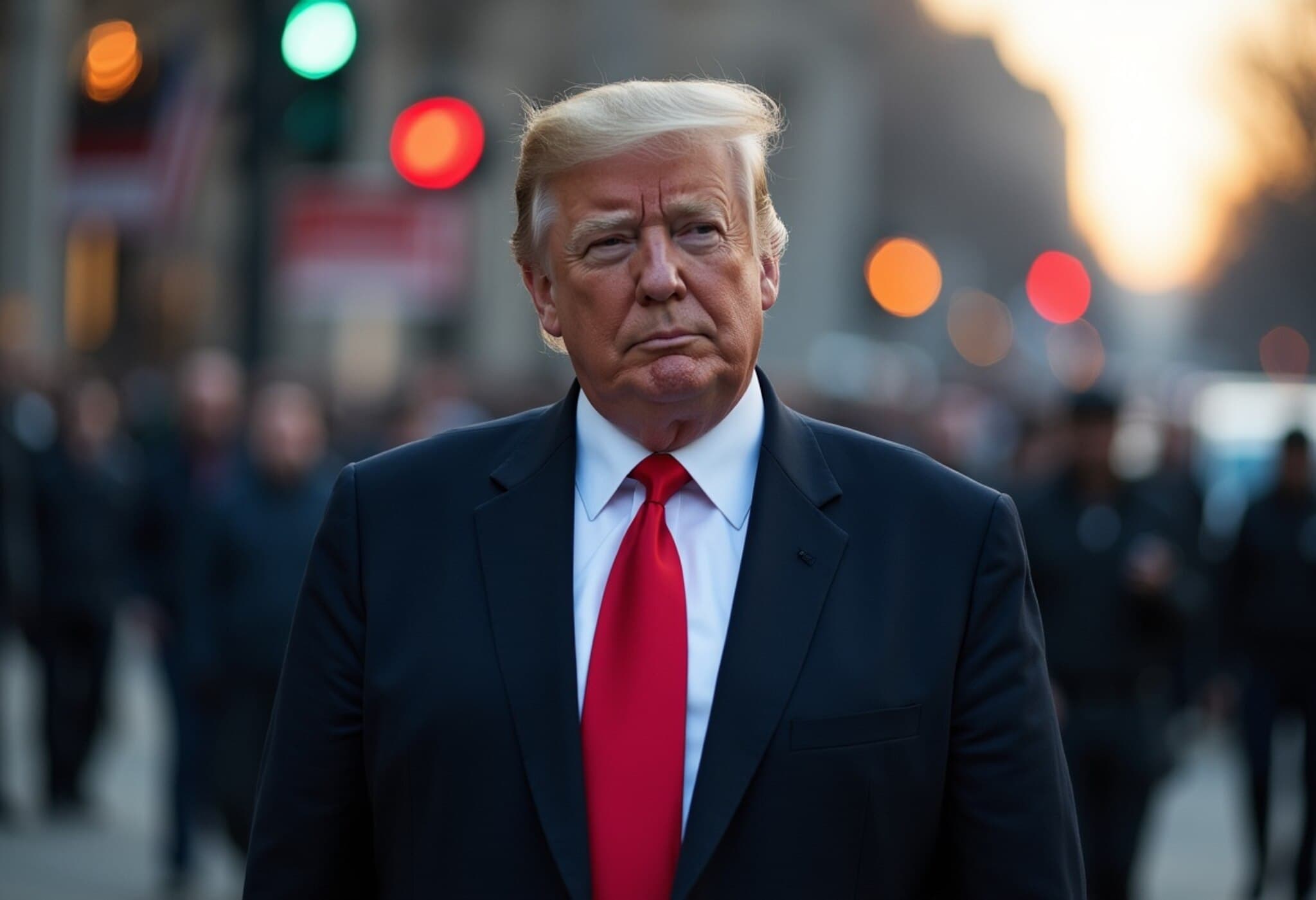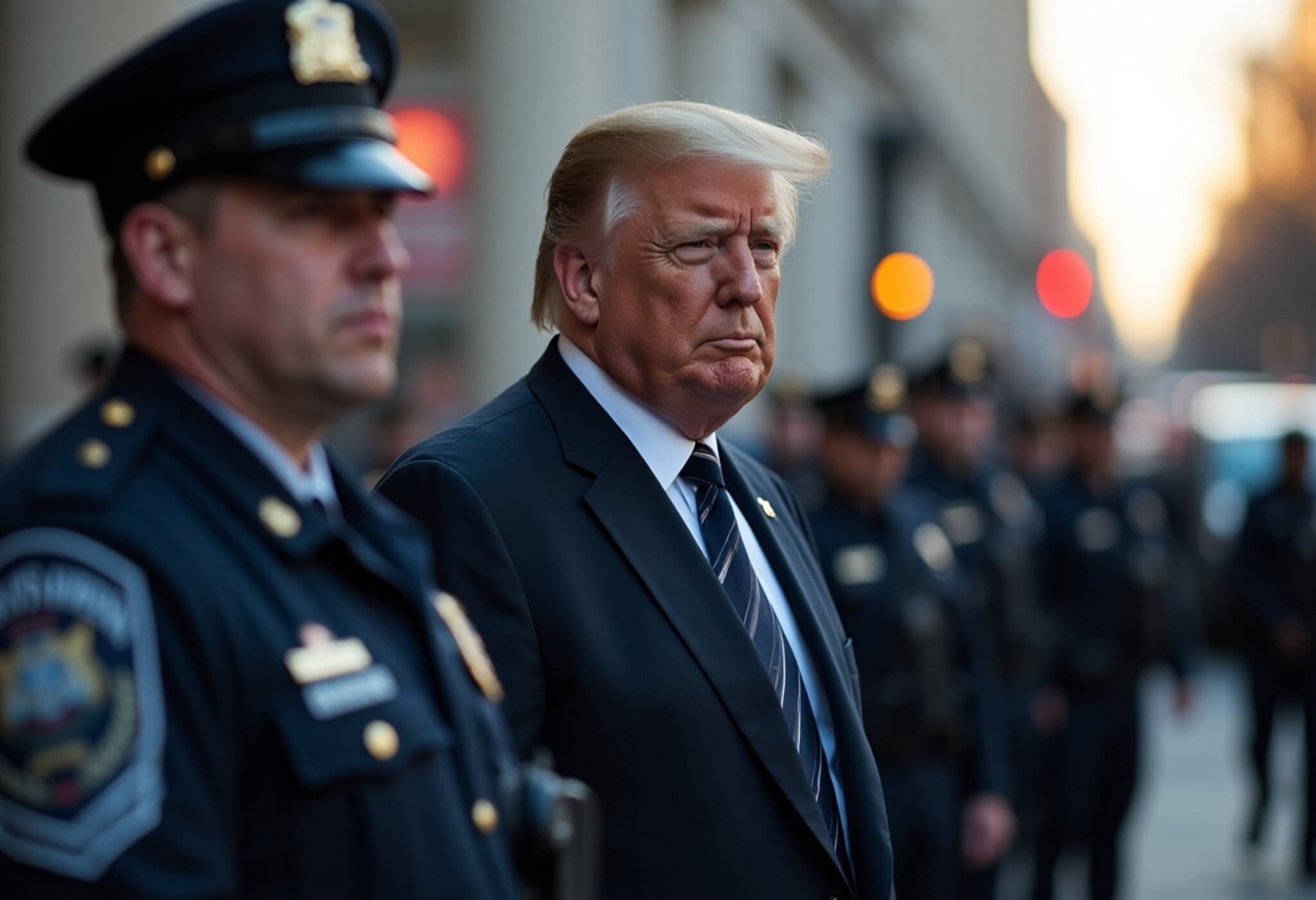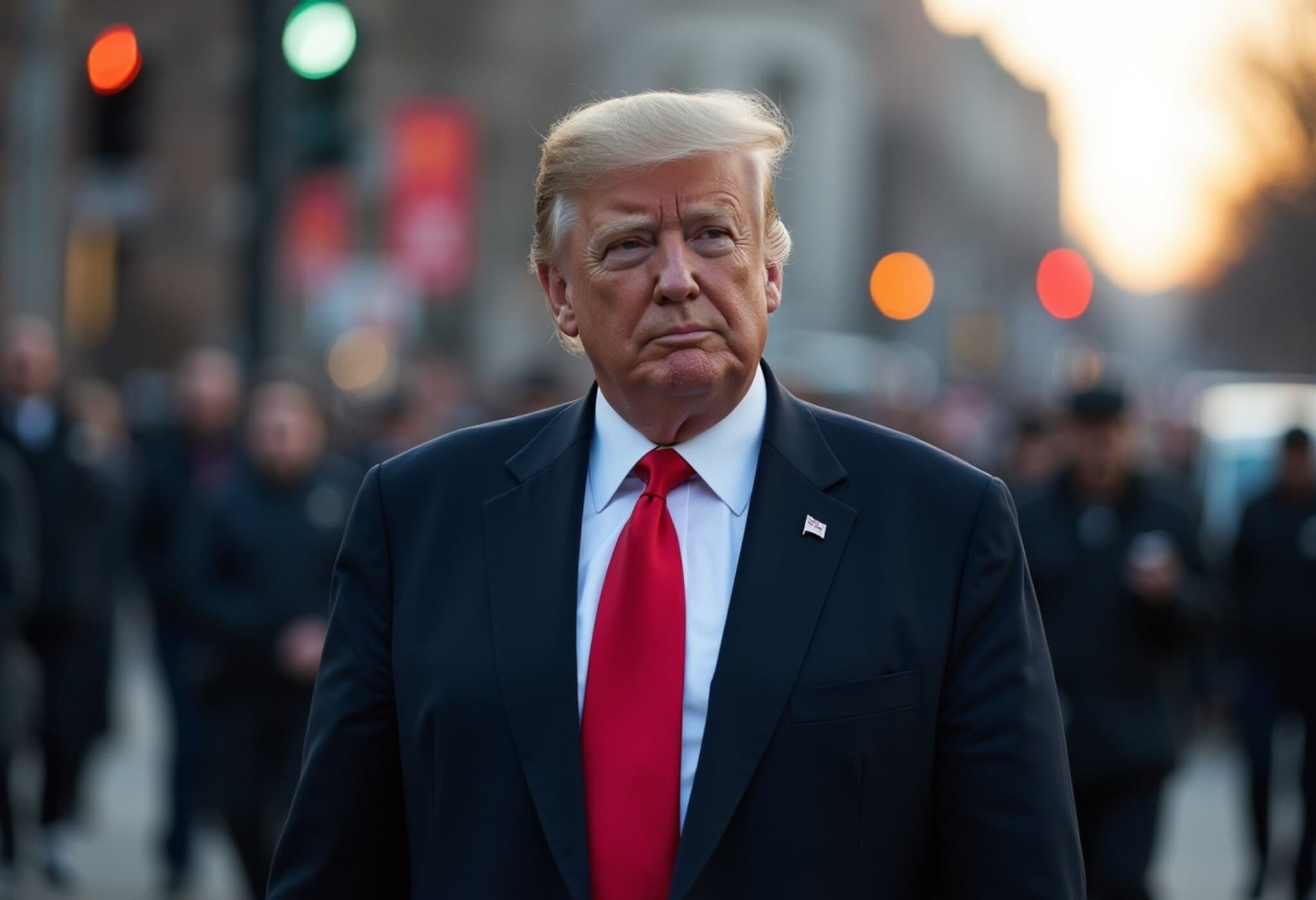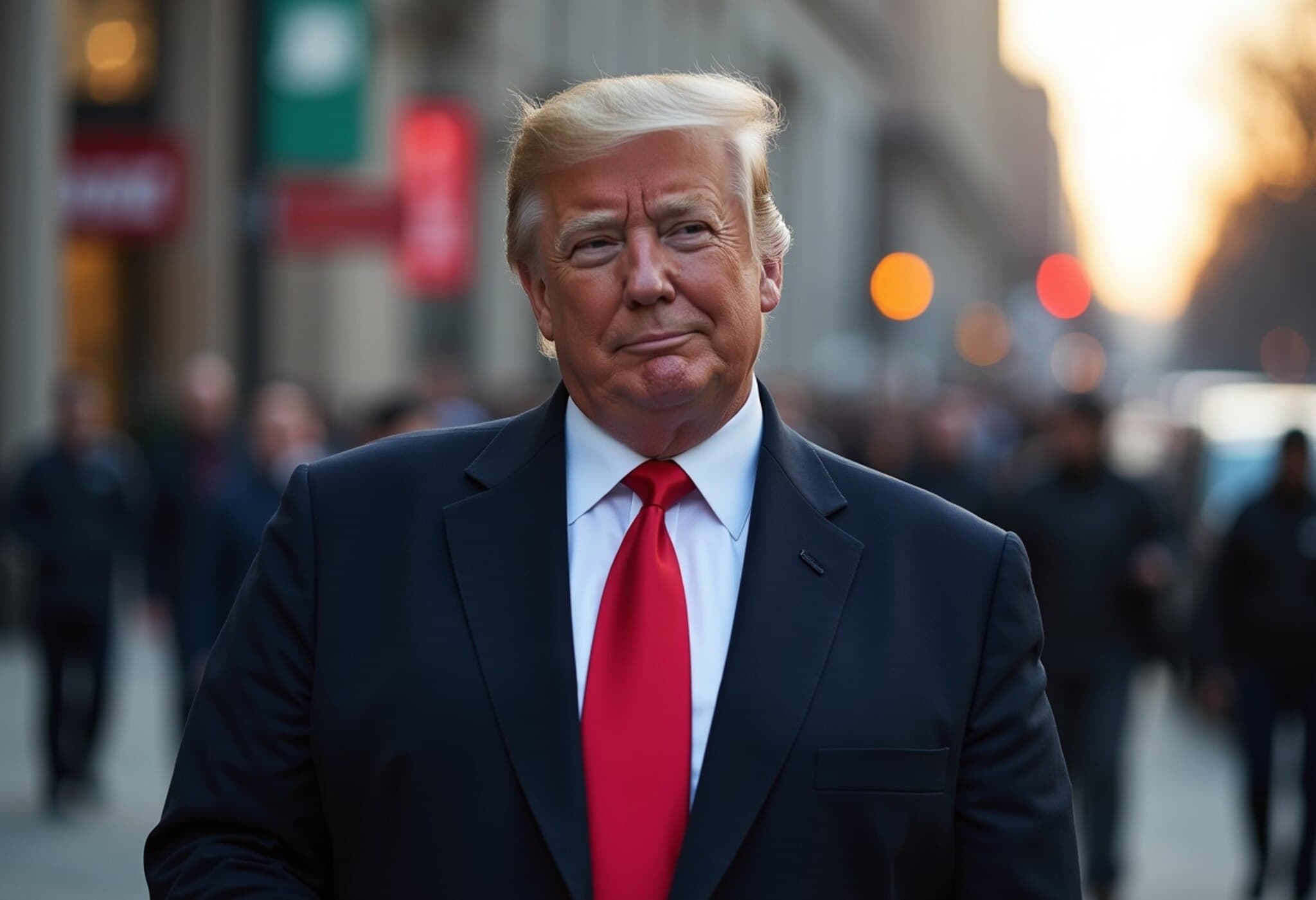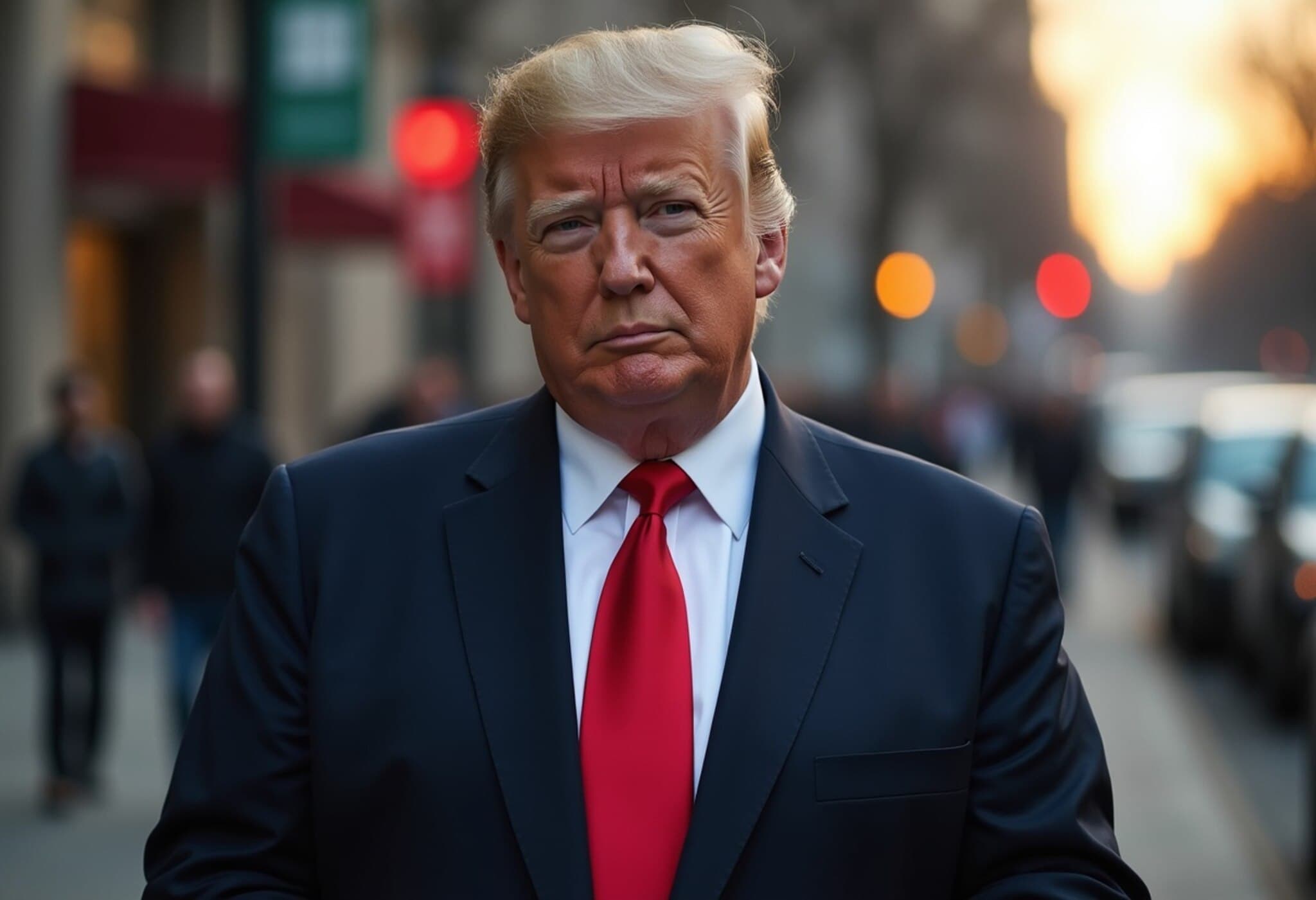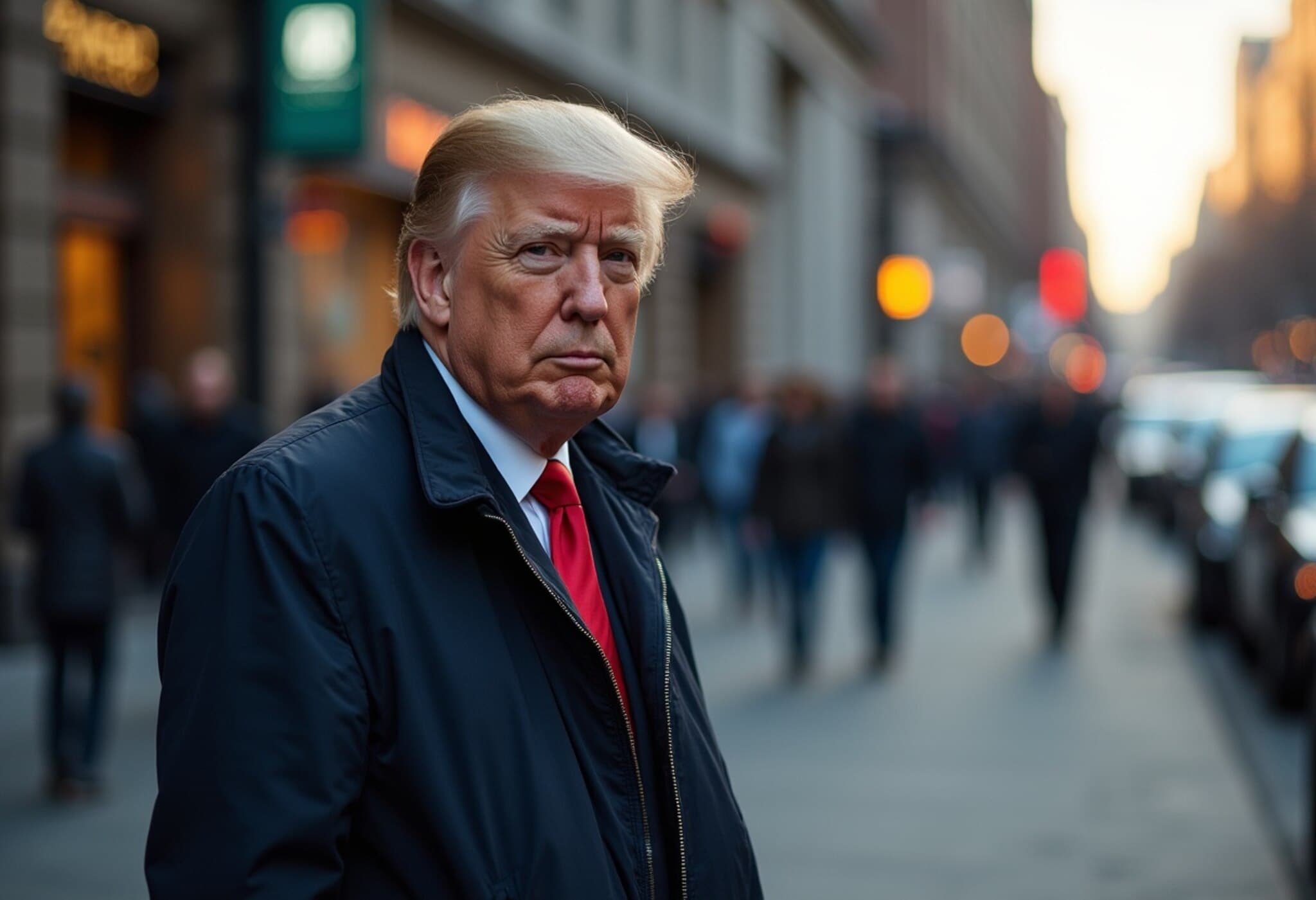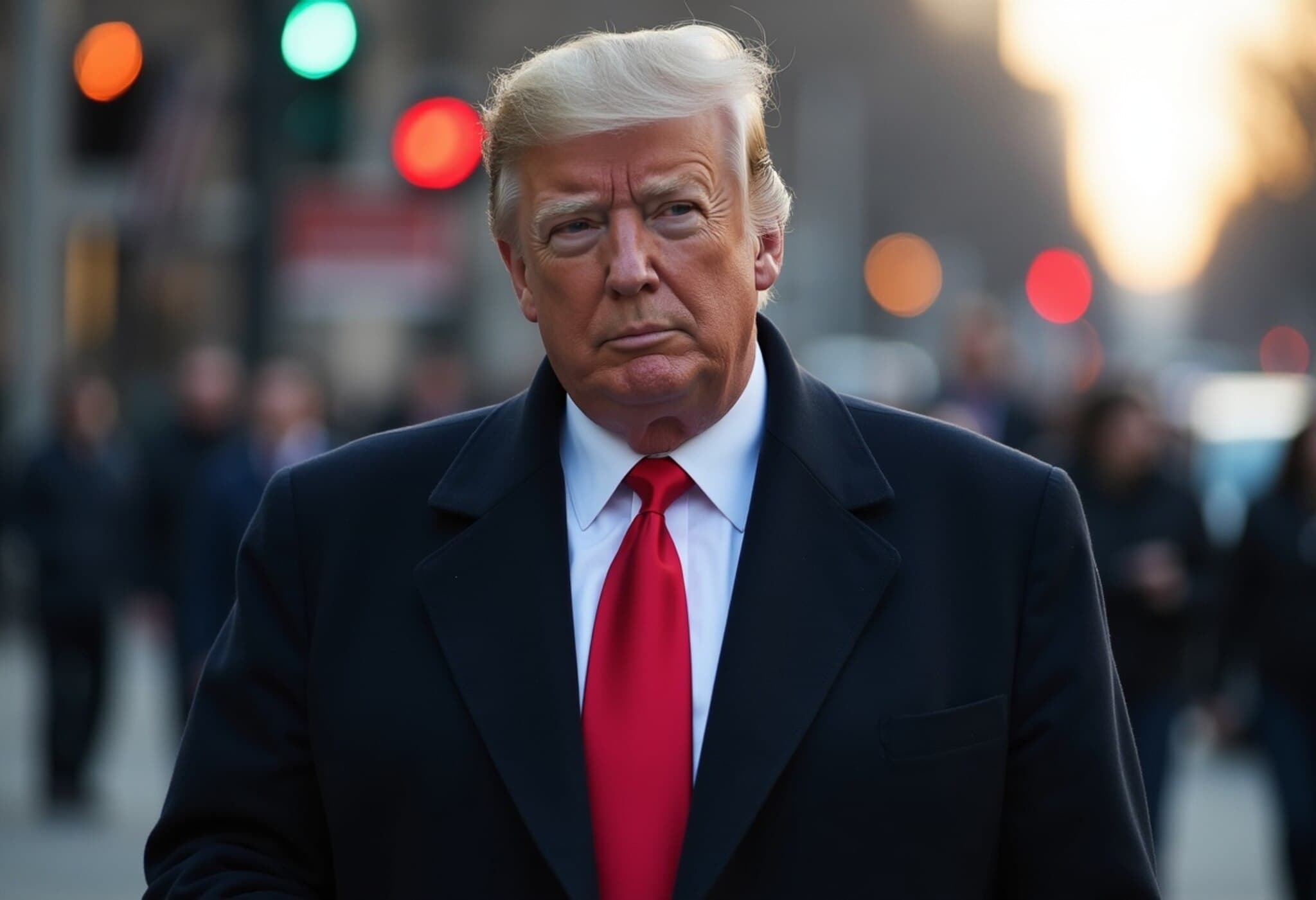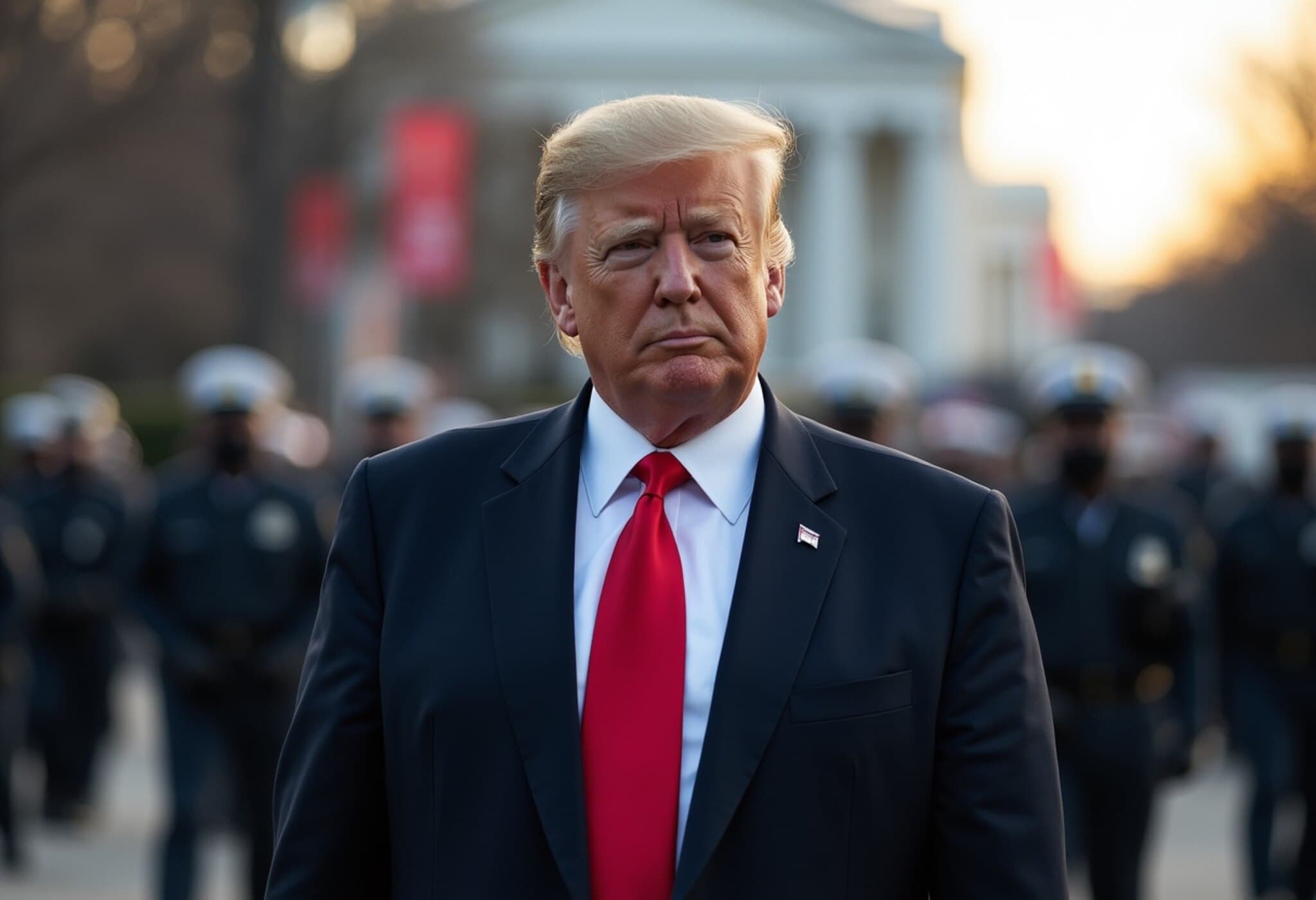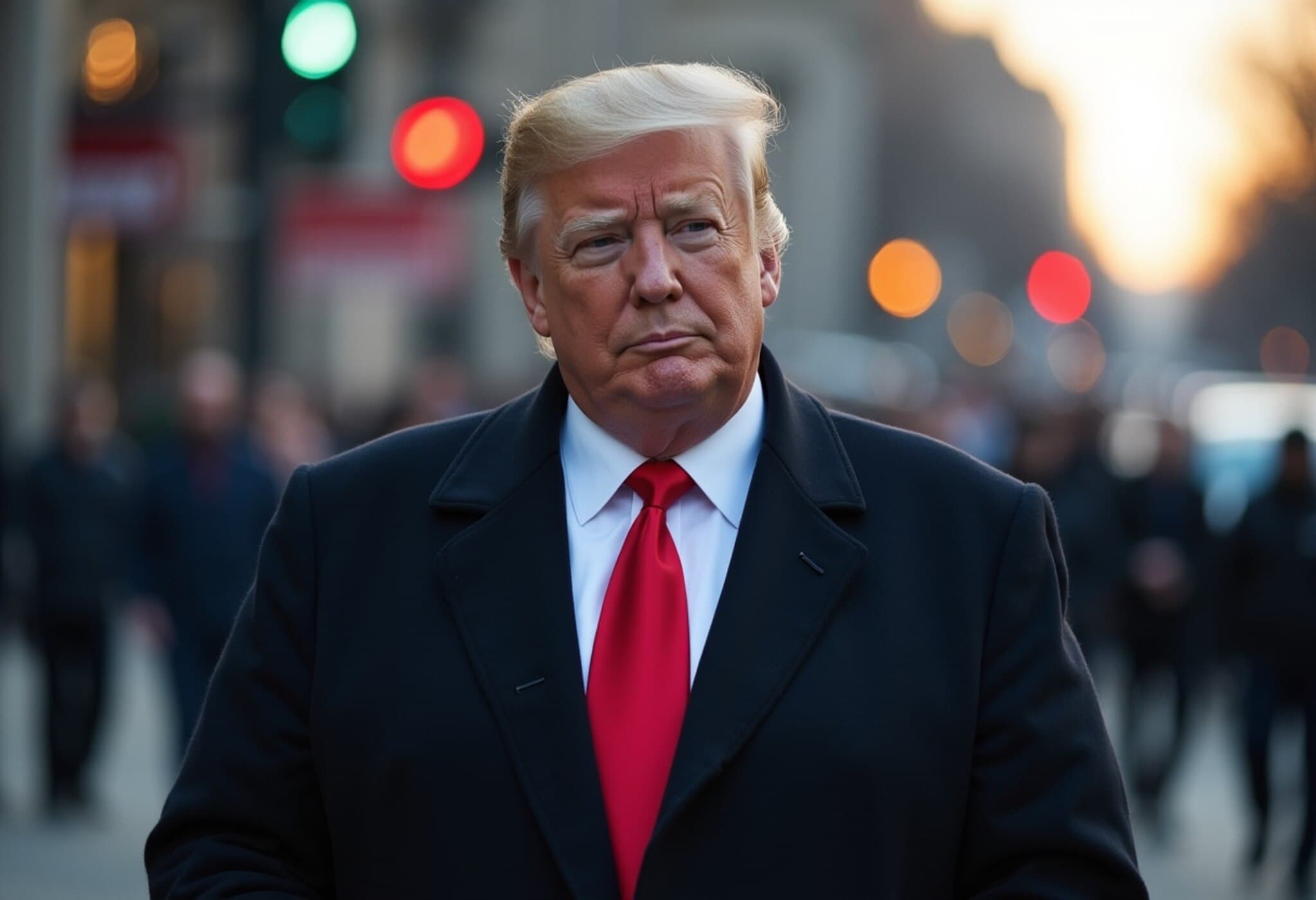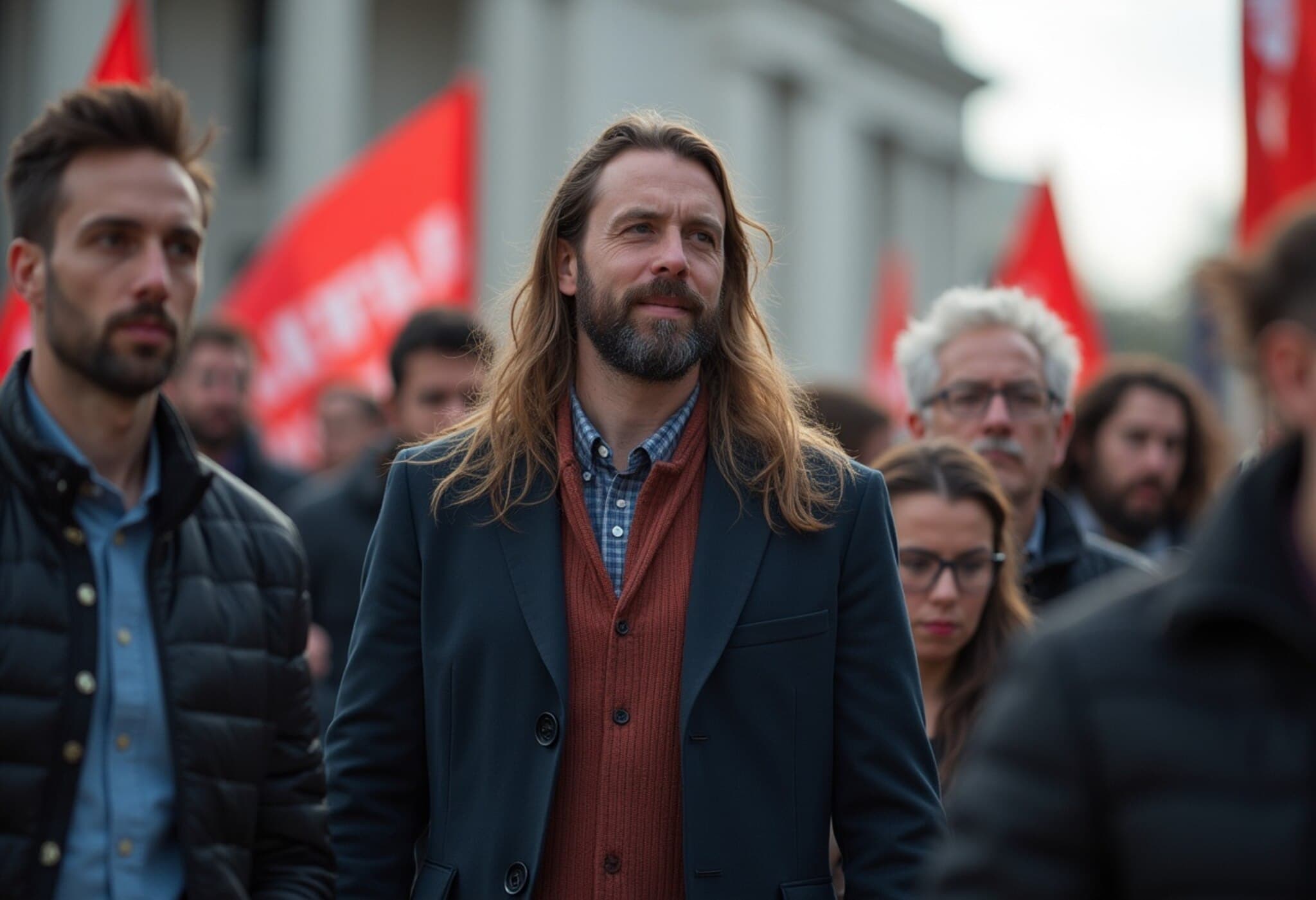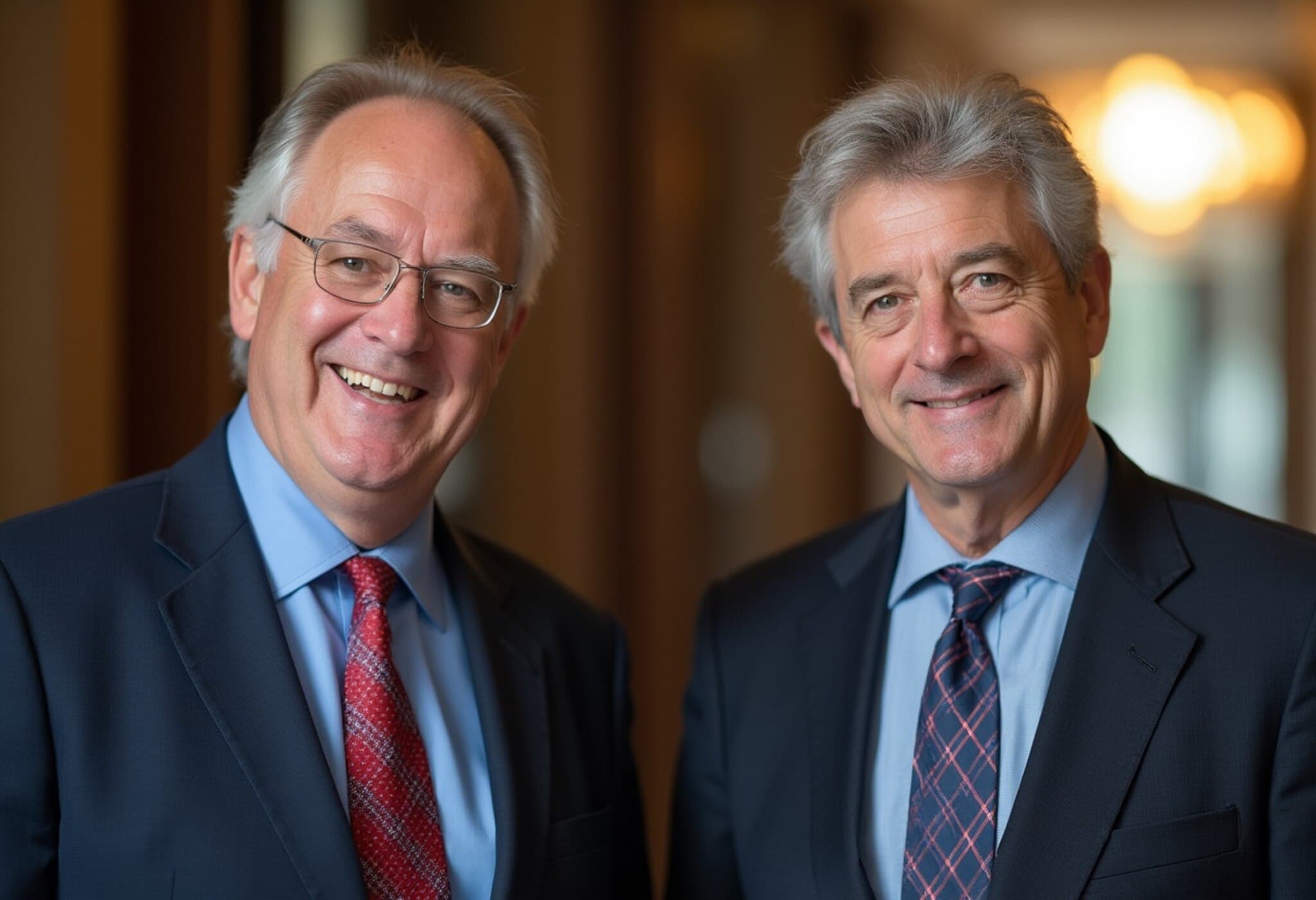National Guard Mobilizes in Washington, D.C. as Trump Pushes Aggressive Crime Measures
In a move stirring debate across the nation's capital and beyond, the National Guard has been deployed to Washington, D.C., under directives from President Donald Trump aimed at cracking down on violent crime and addressing homelessness. While this marks a significant escalation in federal involvement in local security, the response from city officials and political leaders has been sharply divided.
Mayor Muriel Bowser’s Pragmatic Stance Amid Tensions
Despite concerns raised by other Democratic mayors who view the federal intervention as an overreach, D.C. Mayor Muriel Bowser has opted for cooperation with federal authorities. Speaking after a meeting at the Justice Department, Bowser emphasized a working partnership between the Metropolitan Police Department (MPD) and federal law enforcement agencies, including the National Guard.
“While I won’t delve into specific operational plans now, you will see MPD working hand in hand with our federal partners,” Mayor Bowser explained. “Our priority is to utilize the additional officer support effectively to drive down crime.”
Interestingly, Bowser highlighted that Washington, D.C. currently enjoys its lowest violent crime rates in nearly 30 years, raising essential questions about the necessity and implications of this federal surge.
Trump’s Law-and-Order Agenda Sparks Widespread Backlash
Since resuming office in January, President Trump has increased his pressure on cities led by Democratic mayors, accusing them of spiraling crime and disorder. On national television and social media, Trump labeled cities like Chicago, New York, Los Angeles, Baltimore, and Oakland as “so far gone” that public safety is failing.
White House Deputy Chief of Staff Stephen Miller intensified this narrative, disputing official crime statistics and claiming rampant “chaos and dysfunction” in these urban areas. This rhetoric has been seen by many as politically charged, with critics warning it undermines trust in local governance and exacerbates social tensions.
Democratic Mayors Push Back, Highlighting Community Progress
The mayors of the cities mentioned by the President—each of whom is Black—have strongly repudiated the administration’s approach. Chicago Mayor Brandon Johnson warned that National Guard deployments would destabilize rather than secure their communities. Similarly, Baltimore Mayor Brandon Scott pointed out that his city is experiencing the safest period in over five decades, challenging Trump’s narrative.
Oakland Mayor Barbara Lee and Los Angeles Mayor Karen Bass accused the federal government of fear-mongering and leveraging law enforcement as a political stunt that sidelines local leadership and community-based solutions.
Expert Insight: Balancing Federal Action with Local Autonomy
Policy analysts note the delicate balance between addressing legitimate concerns about public safety and respecting the autonomy of local governments. The deployment of federal forces in cities with declining crime rates prompts questions about the strategic priorities behind such initiatives.
Legal experts caution that frequent use of federal troops in domestic policing risks blurring jurisdictional lines and may erode community trust, essential for effective crime prevention. Moreover, they highlight the importance of addressing root causes—such as economic disparity and affordable housing—rather than relying predominantly on show-of-force tactics.
Looking Ahead: What This Means for Urban America
The conflict between federal authority and local leadership encapsulates a broader debate over how best to maintain safety in America’s urban centers while preserving democratic governance and civil rights. As these dynamics unfold, stakeholders and citizens alike face pressing questions:
- Can enhanced federal involvement coexist constructively with local crime-fighting strategies?
- What are the longer-term societal impacts of militarizing responses to social issues like homelessness and crime?
- How might this trend affect public trust in institutions at both city and national levels?
Editor's Note
This unfolding story reveals the complexities of modern urban governance, where security challenges intersect with political agendas and community needs. Mayor Bowser’s conciliatory approach amidst a backdrop of nationwide pushback highlights divergent strategies within the Democratic Party and raises critical reflections on federalism. As law enforcement tactics evolve, it’s vital to monitor not only immediate outcomes but also the broader implications for civil liberties, equity, and trust in our democratic institutions.

